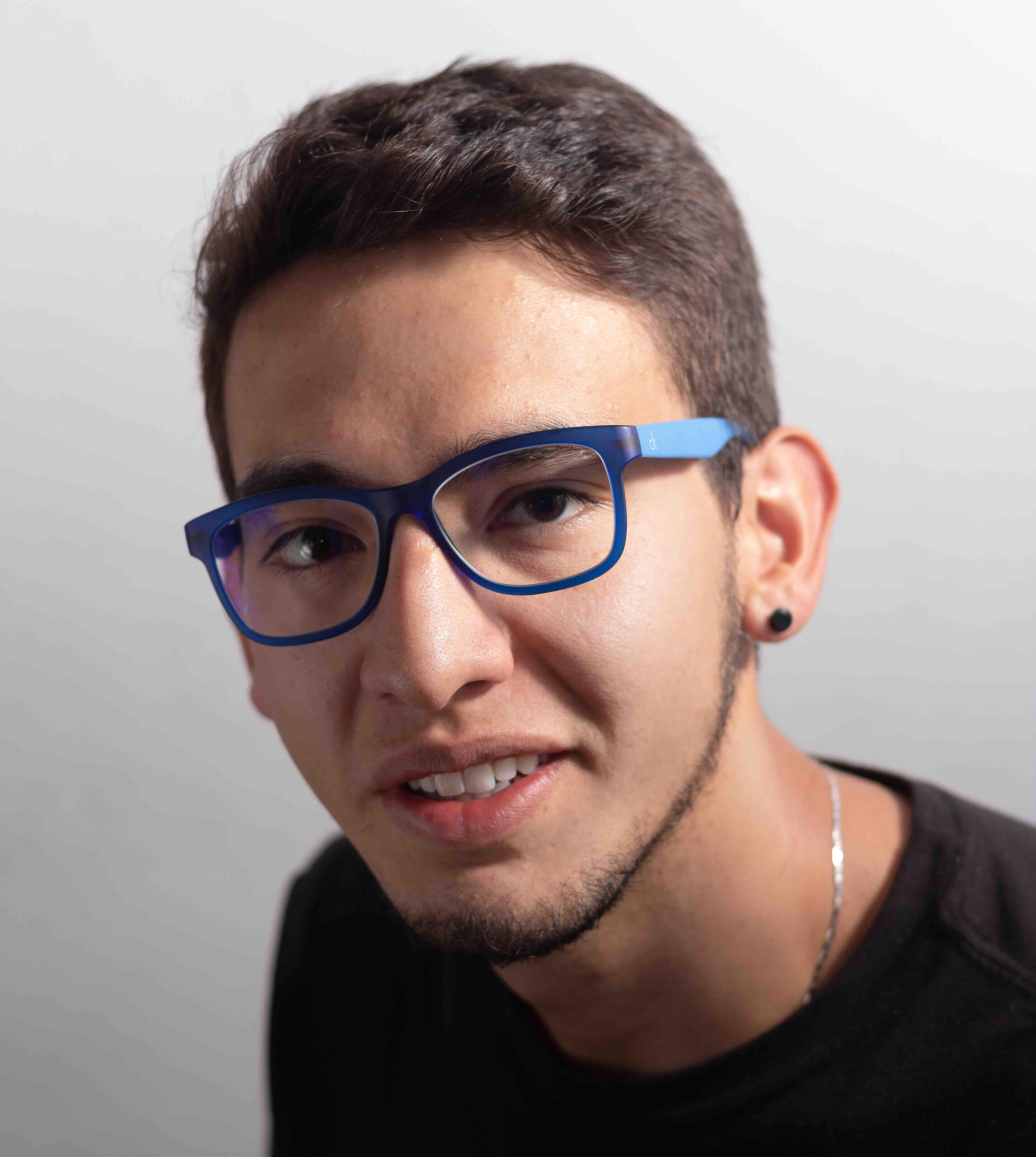
Alejandro Cárdenas-Avendaño
Postdoctoral Research Associate
Describe your job in less 50 words:
I am an astrophysicist with broad interests in gravitational physics, high energy phenomena of compact objects, and dynamical systems theory. I model and simulate some of the observational signatures of black holes and neutron stars, to understand the properties of gravity and matter in extreme regimes.
What do you like most about your job?
That I am constantly learning. As a scientist, I am continuously faced with questions and problems, which I can address in several ways, allows pursuing my curiosity, and learn new concepts to tackle these problems.
What did you want to be when you were at school?
I wanted to be a cosmologist and study the Universe, its origins, current properties, and how it evolves. Since the basis of that subject is general relativity, I took that class as an undergraduate. At the end of the course, before getting into topics related to cosmology, we studied black holes and I immediately got drawn into them, and by the time we got into cosmology, I was already way inside their horizon and could not escape from them!
How could i do your job? I would be able to:
Mostly with a lot of patience! As I study some of the most exotic objects in the Universe, there are a lot of things we do know about our theories or even, when we do have a theory, we do know how to compute an answer. That is why it requires collaborations, time, and effort to put things together and, sometimes, understand just little bit of something. Science is incremental, a collaborative effort, that is very rewarding.

